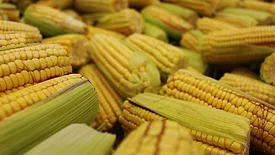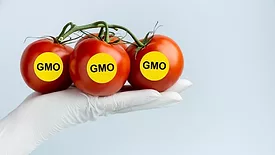Home » Keywords: » genetically engineered foods
Items Tagged with 'genetically engineered foods'
ARTICLES
The court also ruled that QR code-only disclosures are unlawful.
Read More
Never miss the latest news and trends driving the food safety industry
Newsletters | Website | eMagazine
JOIN TODAY!Copyright ©2026. All Rights Reserved BNP Media.
Design, CMS, Hosting & Web Development :: ePublishing











